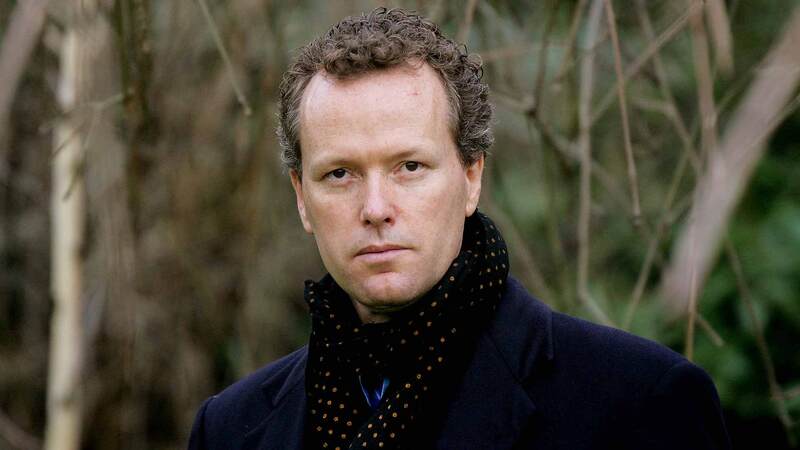You are viewing your 1 free article this month. Login to read more articles.
Beard and Shapiro make PEN Hessell-Tiltman Prize shortlist
Mary Beard and James Shapiro are among the authors who have made the English PEN Hessell-Tiltman Prize for History shortlist.
The prize for £2,000 is awarded annually to authors of non-fiction books on a historical subject up until (and including) the 1960s.
Cambridge classicist Beard was shortlisted for SPQR: A History of Ancient Rome (Profile) and Oxford professor Shapiro is a contender for his work 1606: William Shakespeare and the Year of Lear (Faber & Faber), exploring the year Shakespeare penned three of his greatest works, King Lear, Macbeth and Antony and Cleopatra.
Director of the Centre for Byzantine Research at Oxford, Peter Frankopan, has meanwhile been shortlisted for his “ambitious” take on world history The Silk Roads: A New History of the World (Bloomsbury).
The three remaining titles on the shortlist are focused on differing perspectives experiencing WW2: Sarah Helm’s If This is a Woman – Inside Ravensbrück: Hitler’s Concentration Camp for Women (Abacus) documents an all-female Nazi death camp; Raghu Karnad’s The Farthest Field is an Indian story of the Second World War (HarperCollins); and Nicholas Stargardt's The German War: A Nation Under Arms, 1939-45 (Bodley Head), was hailed by the Guardian as a "superb study" of the "complex feelings of ordinary Germans under the Nazi regime”.
The judging panel for 2016’s prize is chaired by Lara Feigel, senior lecturer in English at Kings College London. Feigel is joined on the panel by two former winners of the prize: Jessie Childs and David Reynolds.
Childs was awarded the Hessell-Tiltman Prize in 2015 for God’s Traitors: Terror and Faith in Elizabethan England (Bodley Head). Reynolds was awarded the prize in 2014 for The Long Shadow: The Great War and the 20th Century (Simon & Schuster).
Feigel said: “I was excited and impressed by the submissions for the PEN Hessell-Tiltman Prize. Our shortlist seems to exemplify the exciting diversity of history writing today. Collectively, the list takes us from ancient Rome to contemporary India, combining cultural, political, social and military history. Even in the more traditional ‘big books about battles’, the historians have found original ways to create compelling narratives in which the stories and voices of ordinary and extraordinary individuals thread through the larger events. All six books are marked by an attention to language and storytelling that reveals the writers to be reinventing the possibilities of non-fiction, bringing the past urgently to life.”
The winning book will be announced at the Cambridge Literary Festival on Sunday 10th April 2016.


















